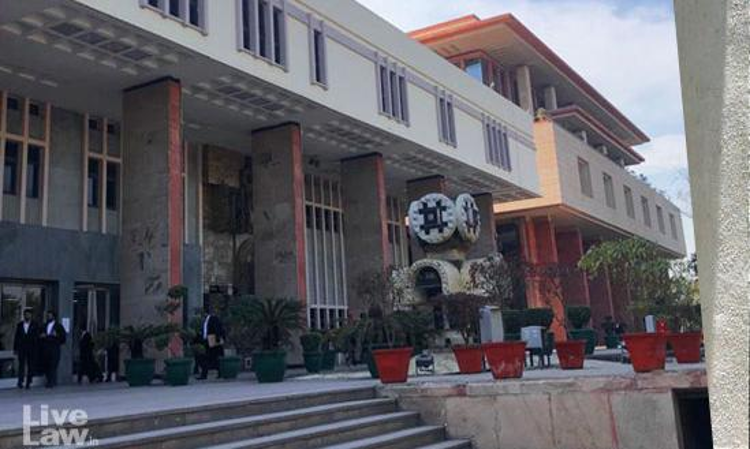Trademark Infringement Suit Has To Be Stayed Till Disposal Of Rectification Proceedings Before Registrar: Delhi High Court
Suhavi Arya
7 Jan 2022 1:18 PM IST

However, interim injunction order may be passed, the Court clarified.
Next Story
7 Jan 2022 1:18 PM IST
